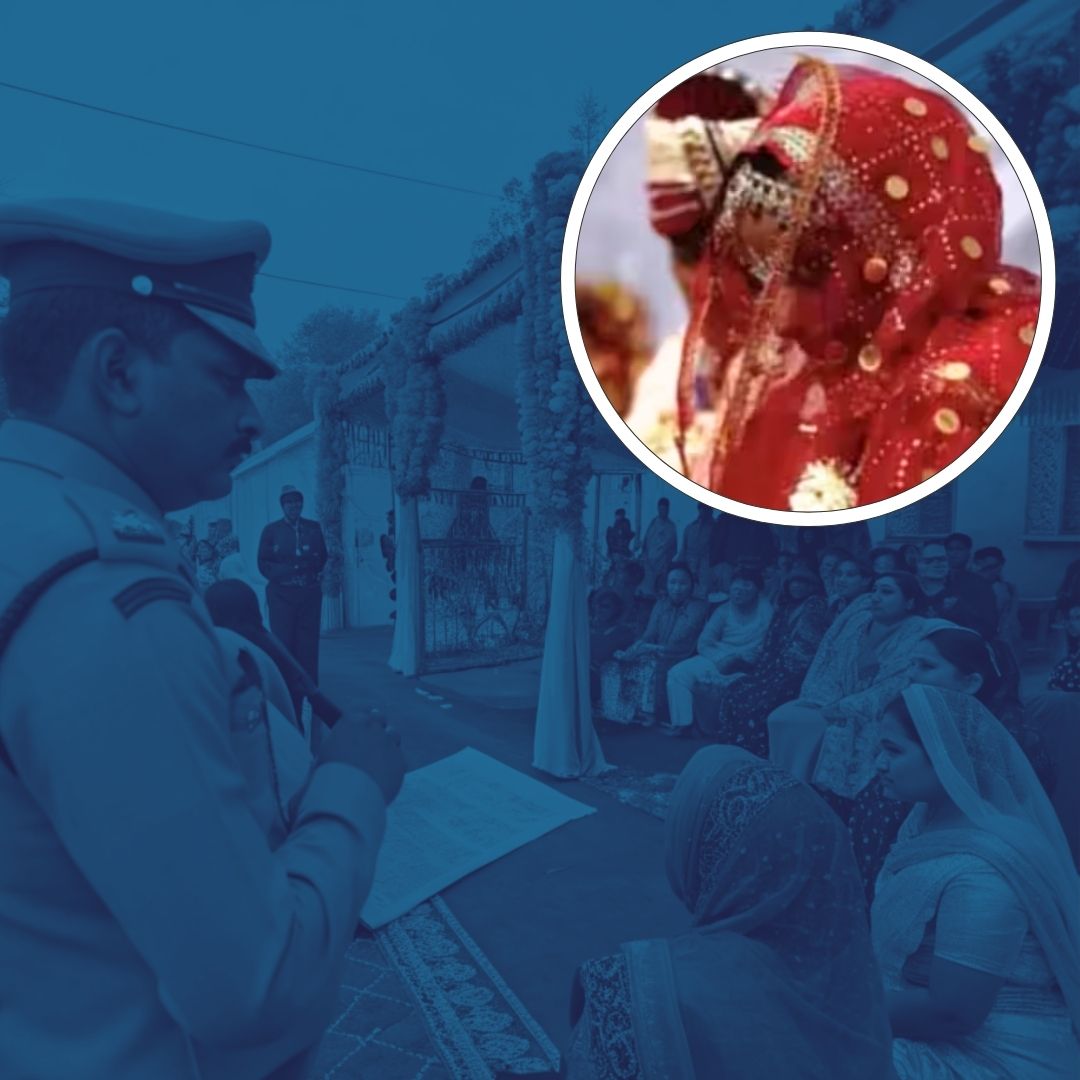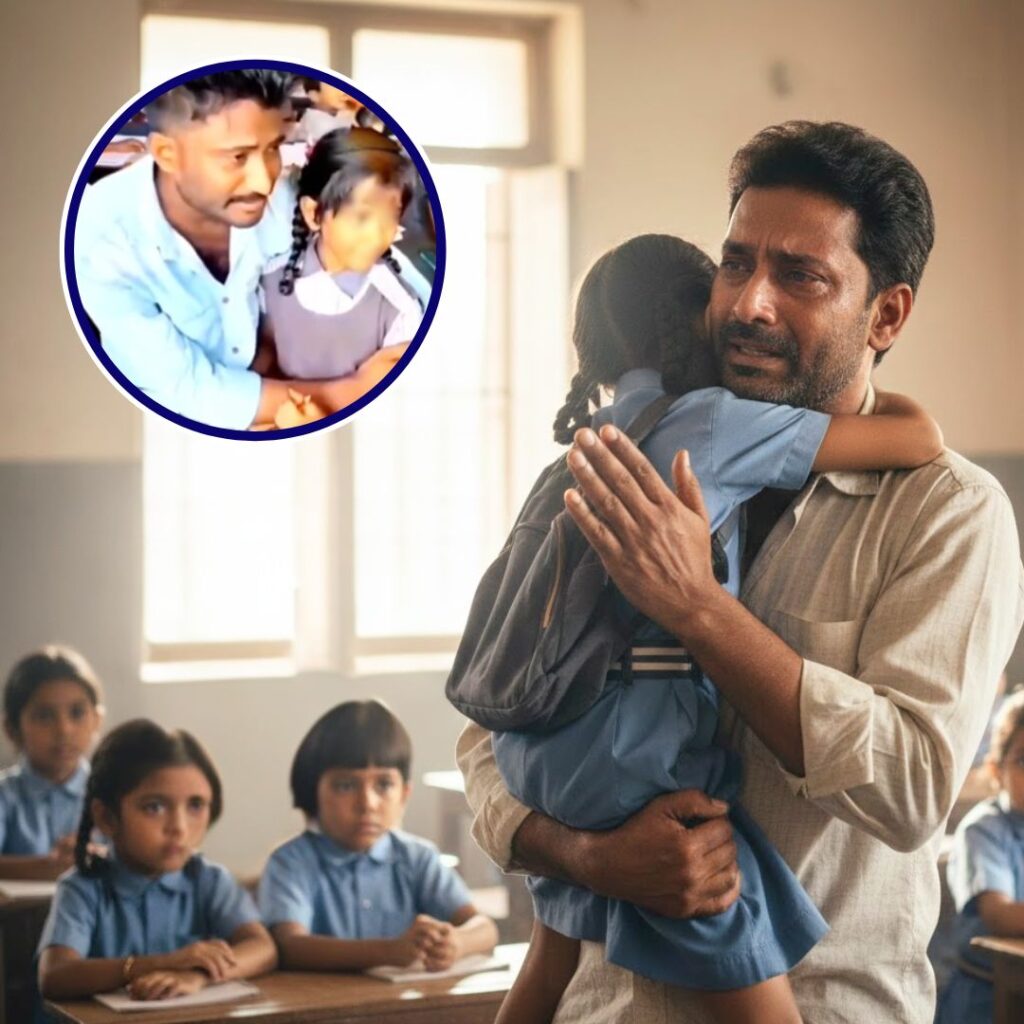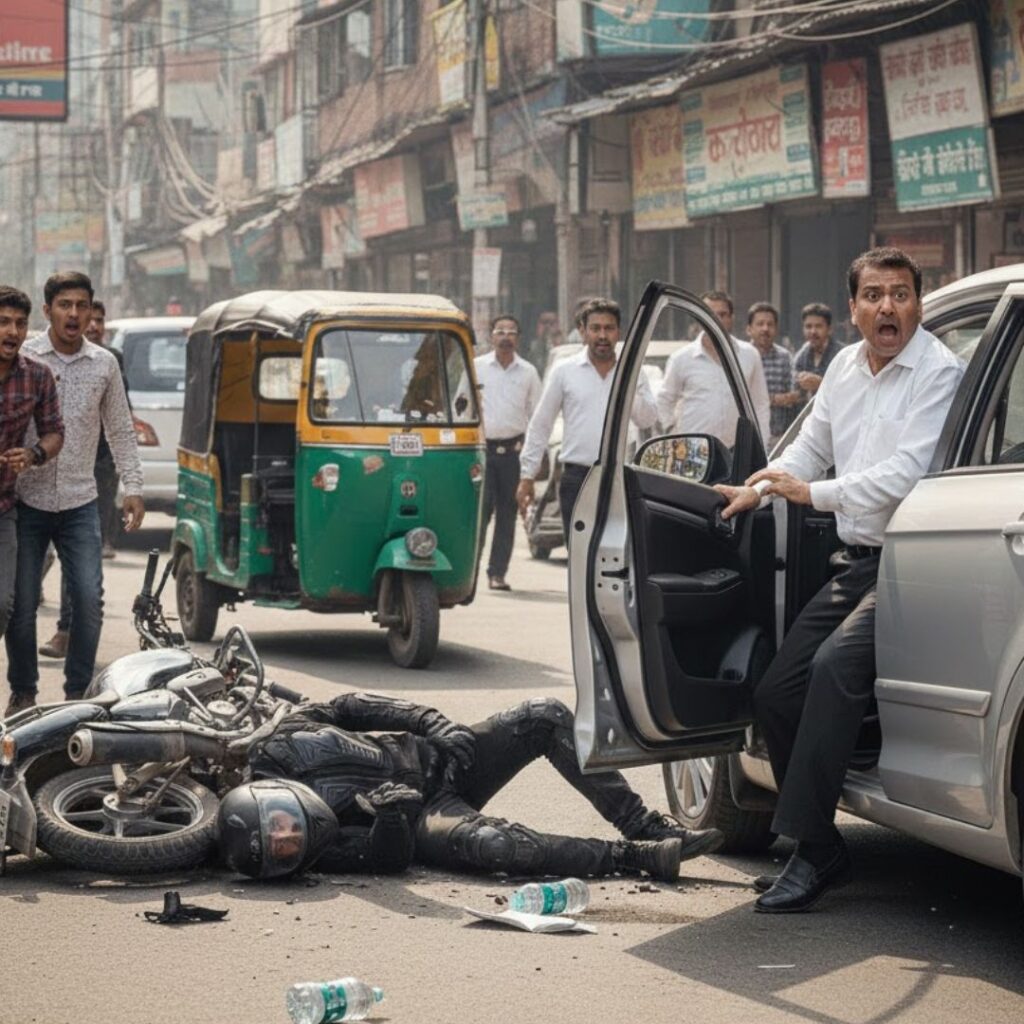In Madhya Pradesh’s Khilchipur village, police intervened during a mass wedding ceremony to prevent the marriage of minor girls. The event, organised by the Ahirwar community, aimed to unite 67 couples but raised concerns over underage participants. Authorities counselled the parents about the legal ramifications of child marriage, which is prohibited under Indian law. This incident highlights the ongoing struggle against child marriage in the state, particularly in light of economic pressures faced by families.
Police Action Prevents Child Marriages
On November 26, a mass wedding event in Khilchipur was disrupted when local authorities received reports of minors being married off. District Magistrate Girish Kumar Mishra directed a team, including the Women and Child Development Officer and local police, to investigate. They confirmed that at least one girl was underage and counselled her parents about the illegality of child marriage. Officials warned that all couples must provide valid proof of age to proceed with their marriages. As a result, only 43 couples have provided sufficient documentation, prompting ongoing verification efforts by authorities.
Context of Child Marriage in Madhya Pradesh
The issue of child marriage in Madhya Pradesh remains critical, with many families feeling economic pressures that lead them to marry off daughters at a young age. Reports indicate that child marriages have surged during challenging times, with families often fearing social stigma associated with delayed marriages. Despite various government initiatives aimed at curbing this practice, enforcement remains inconsistent, and many communities continue to adhere to traditional customs.
The Logical Indian’s Perspective
The recent intervention by authorities in Khilchipur serves as a vital reminder of the importance of protecting children’s rights and ensuring their access to education and a secure future. It is crucial for communities to engage in open discussions about the implications of child marriage and work together towards sustainable solutions that empower families economically and socially. How can we foster an environment where children are protected from early marriages while ensuring their well-being and future prospects?












